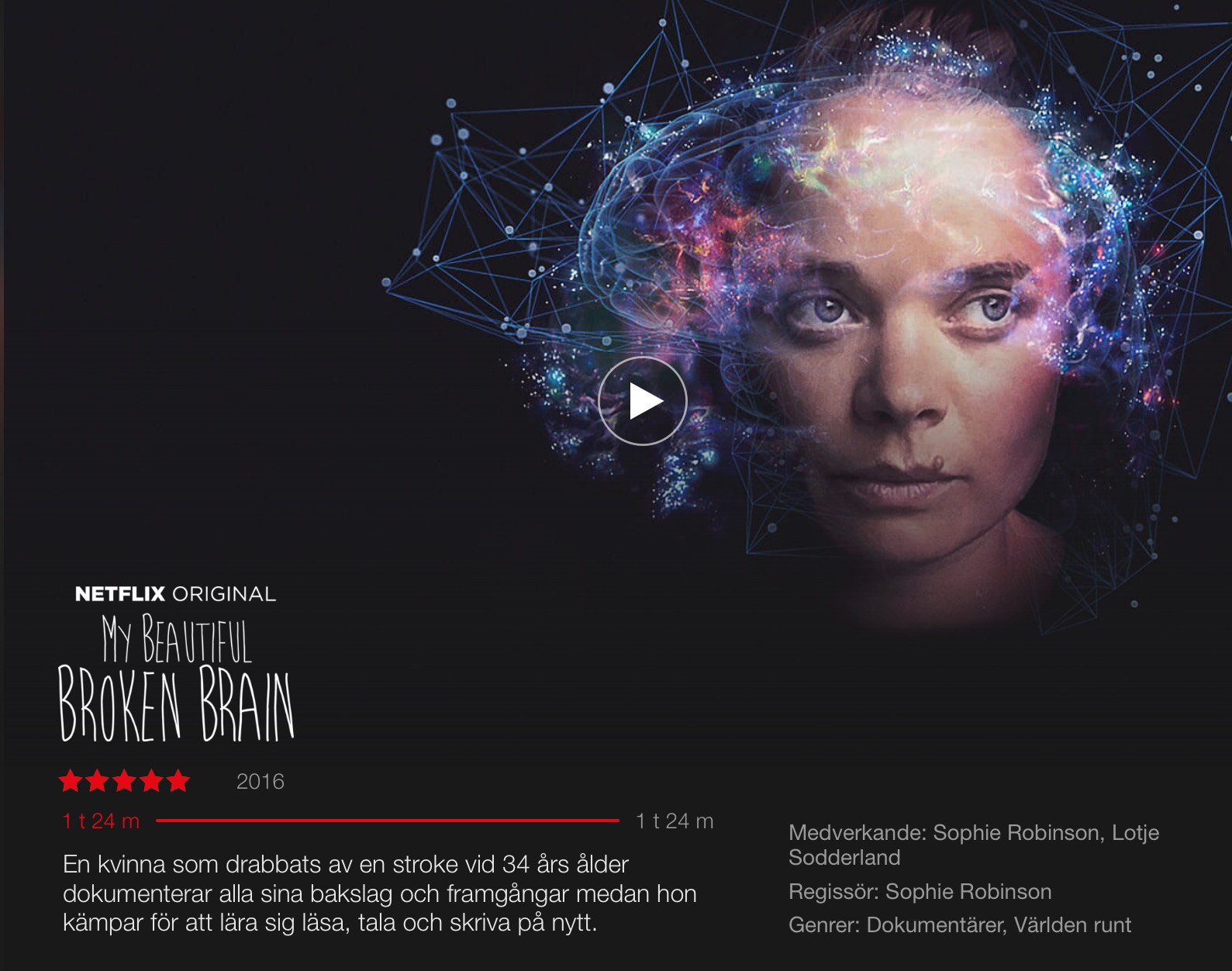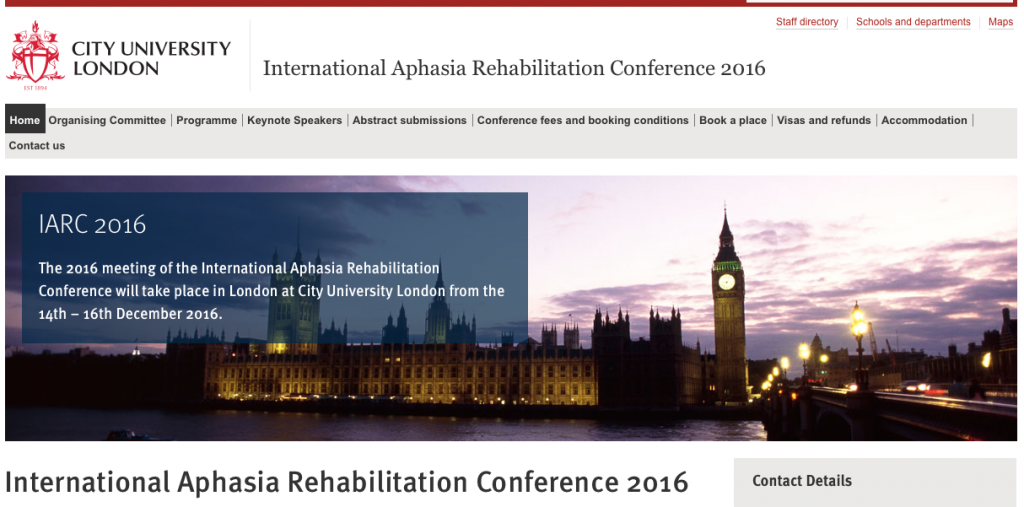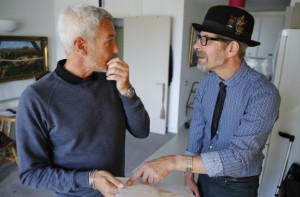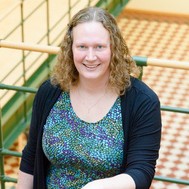Att drabbas av afasi innebär en stor omställning, eftersom man är van vid att kunna använda sitt språk för att uttrycka sig, men plötsligt berövas den förmågan.
Sammantaget visar forskningen att livskvaliteten påverkas negativt när en person drabbas av afasi, ofta mycket negativt [1]. Det finns till och med studier som visar att livskvaliteten hos personer med afasi är lägre än hos personer med Alzheimers sjukdom, hjärtsjukdomar eller cancer [2].
När man studerar livskvalitet efter stroke exkluderas ofta personerna som drabbats av afasi, eftersom de kan ha svårt att genomföra de standardiserade testerna [3].
…………….
[1]
Avent, J. & Austermann, S. (2003). Reciprocal scaffolding: A context for communication treatment in aphasia. Aphasiology, 17(4), ss. 397-404.
Corsten, S., Konradi, J., Schimpf, E. J., Hardering, F. & Keilmann, A. (2013). Improving quality of life in aphasia—Evidence for the effectiveness of the biographic-narrative approach. Aphasiology, 28(4), ss. 440-452.
Cruice, M. (2010). The Role of Well-Being in Quality of Life for the Person with Acquired Communication Impairments. I Brumfitt, S. (red.) Psychological well being and acquired communication impairments. Chichester, West Sussex, U.K: Wiley-Blackwell, ebrary, Inc.
Hilari, K., Wiggins, R., Roy, P., Byng, S. & Smith, S. (2003). Predictors of health-related quality of life (HRQL) in people with chronic aphasia. Aphasiology, 17(4), ss. 365-381.
Manders, E., Dammekens, E., Leemans, I. & Michiels, K. (2010). Evaluation of quality of life in people with aphasia using a Dutch version of the SAQOL-39. Disability and rehabilitation, 32(3), ss. 173-182.
Worrall, L. & Holland, A. (2003). Editorial: Quality of life in aphasia. Aphasiology, 17(4), ss. 329-332.
[2]
Cruice, M., Worrall, L. & Hickson, L. (2010). Health-related quality of life in people with aphasia: Implications for fluency disorders quality of life research. Journal of Fluency Disorders, 35(3), ss. 173-189.
Franzén-Dahlin, Å., Karlsson, M. R., Mejhert, M. & Laska, A.-C. (2010). Quality of life in chronic disease: a comparison between patients with heart failure and patients with aphasia after stroke. Journal of Clinical Nursing, 19(13-14), ss. 1855-1860.
[3]
Engell, B., Hütter, B.-O., Willmes, K. & Huber, W. (2003). Quality of life in aphasia: Validation of a pictorial self-rating procedure. Aphasiology, 17(4), ss. 383-396.


 The journal Aphasiology publishes a wide range of scientific articles about aphasia. In early 2016 they gathered research about aphasia and digital technology in a special issue, with the aim to bring together researchers from aphasiology and human-computer interaction.
The journal Aphasiology publishes a wide range of scientific articles about aphasia. In early 2016 they gathered research about aphasia and digital technology in a special issue, with the aim to bring together researchers from aphasiology and human-computer interaction.


